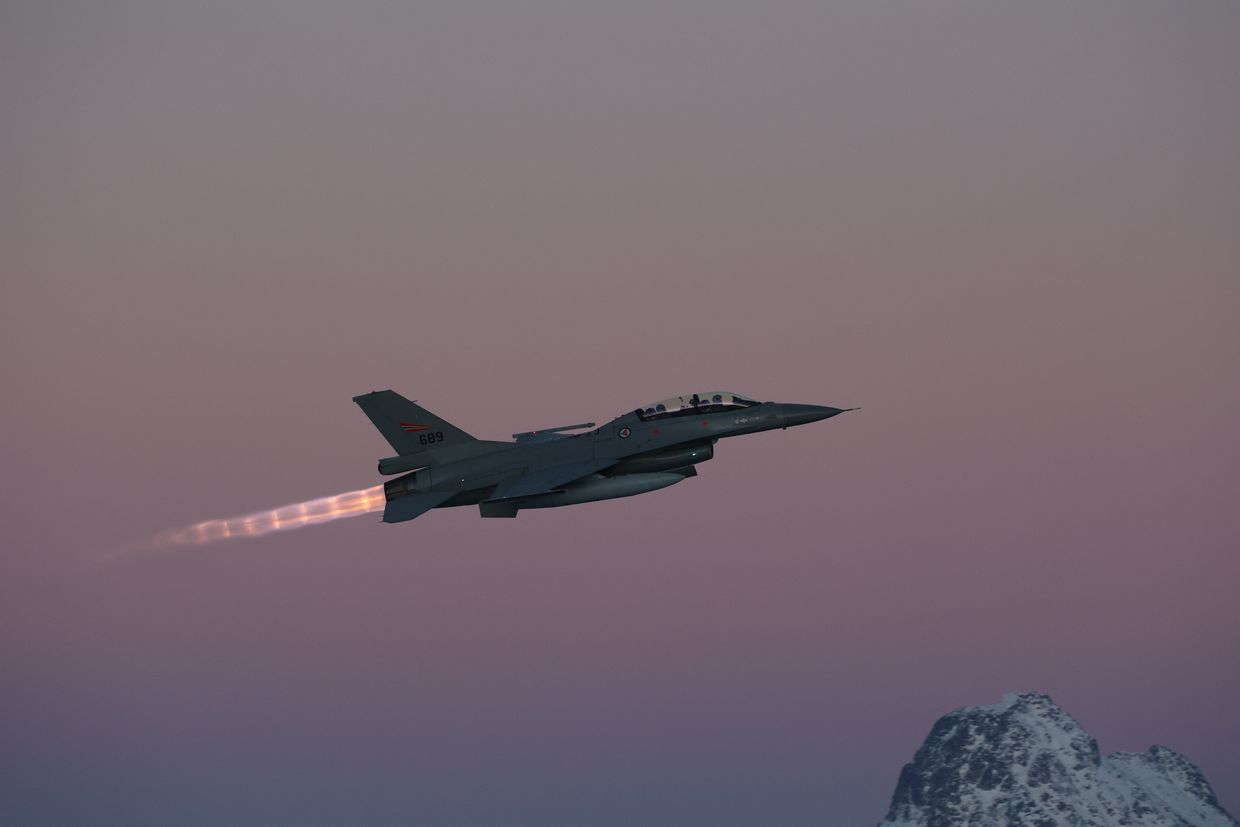ISW: Kremlin intensifying rhetoric pushing for hypothetical partition of Ukraine

The Kremlin is intensifying efforts to normalize Western discussions of a hypothetical partition of Ukraine, the Institute for the Study of War (ISW) reported in their daily assessment.
ISW assessed that Russian propagandists are reigniting narratives that portray Ukraine as an artificially constructed state. Officials are proposing that Russia and European powers partition Ukraine and leave it as a "sovereign" rump state, comments which were reportedly picked up by right-wing politicians in Central Europe.
By reducing Ukraine's political legitimacy, Russia hopes to reduce Western military support and normalize Western discussions of Ukraine ceding territory to Russia as a legitimate way to end the war.
Kyiv said categorically that a full Russian withdrawal is a condition for any talks. Ceding territory to Russia also violates both President Volodymyr Zelensky's 1o-point peace formula and the wishes of the vast majority of Ukrainians.
During a press conference in Washington last year, President Volodymyr Zelensky addressed the question of whether Ukraine would be ready to cede territory for the sake of peace by calling the idea "absolute madness."











